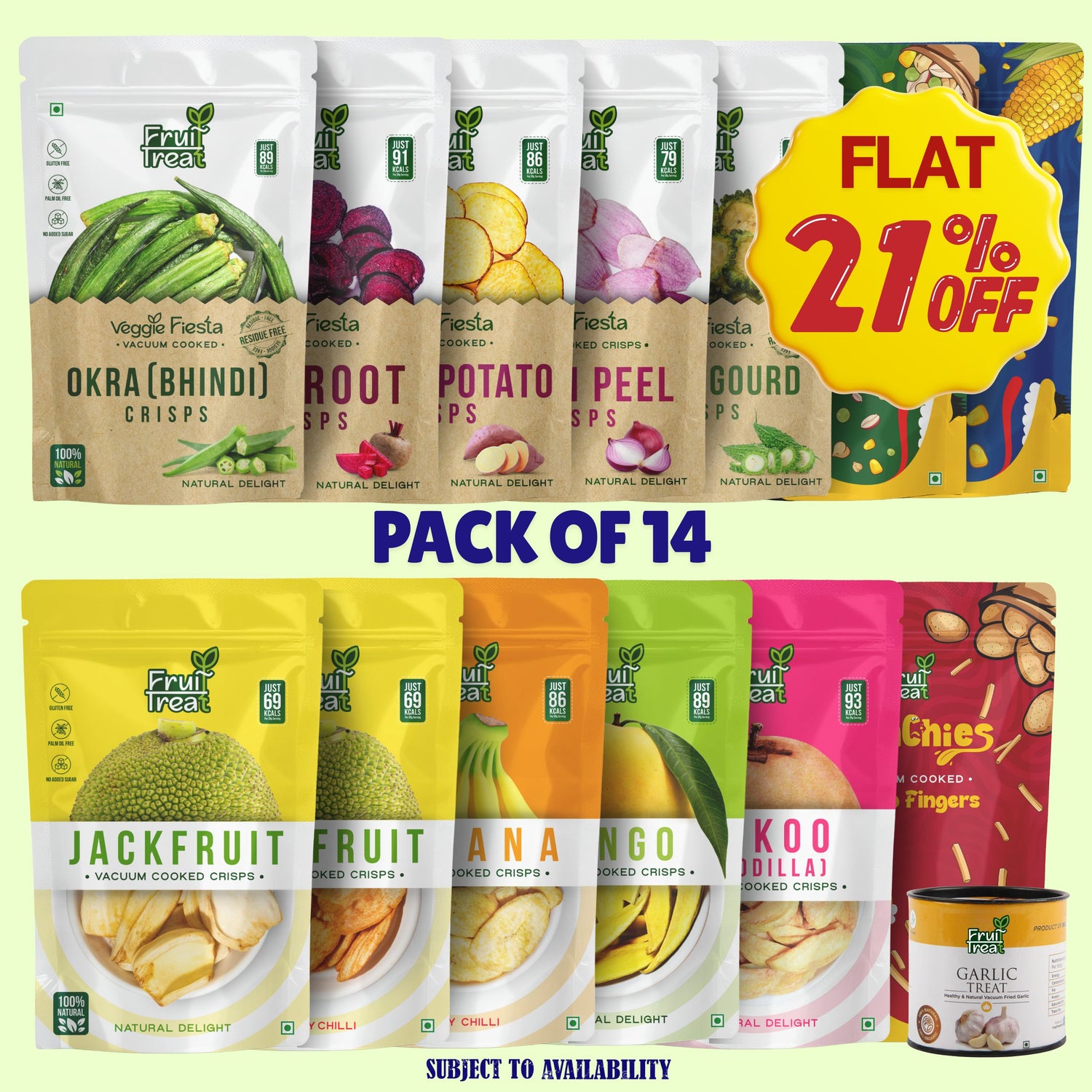The growth of food manufacturing companies in India has been a significant and dynamic phenomenon, driven by a combination of factors such as changing consumer preferences, urbanization, and increasing disposable income. Also, the segment has huge potential to grow and contribute considerably to the country's economy. The Indian government has set an aim for the industry to double its contribution to GDP by 2030.

Ready-to-Eat Revolution
Food manufacturing companies in India have adapted to changing consumer lifestyles by introducing a diverse range of innovative and convenient products. This includes ready-to-eat meals, snacks, and packaged foods that cater to the demands of a busy urban population. The industry has also witnessed a shift towards healthier and organic options, with companies incorporating natural and nutritious ingredients into their product lines.

The growth of distribution networks and the penetration of modern retail formats across the country have played a crucial role in the growth of food manufacturing companies. Improved logistics and supply chain management have helped these companies reach a wider consumer base, both in urban and rural areas. Additionally, the beginning of e-commerce has further facilitated the accessibility of these products to consumers across diverse geographies.
"The combined capacity between traditional distribution networks, modern retail formats, and e-commerce has created a vibrant ecosystem that promotes the growth and sustainability of food manufacturing companies in India. It contemplates a strategic alignment with evolving consumer behaviors and market trends, positioning these companies to thrive in a competitive and rapidly changing business landscape," says, Bharadwaj Karanth, MD & CEO of Karanth's Foods Pvt Ltd.
Jobs on the Rise
Also, the food processing sector is one of the crucial drivers of growth and has been acknowledged as a high-priority industry by the government of India, as it has shown tremendous potential for creating employment opportunities and generating income in the country.

According to the Times Of India report, Right now, the food industry in India is still evolving, but it has been getting better in recent years. It's expected to create around 9 million jobs by 2024. Other countries have also put a lot of money into India's food industry – about 4.18 billion dollars between April 2014 and March 2020. By 2030, it's predicted that Indian families will buy four times more food every year, making India the fifth-biggest food buyer in the world. The food industry is currently worth around 322 billion dollars, and it's estimated to grow to 543 billion dollars by 2025, increasing at a rate of 14.6% each year.
In comparison to more established economies such as the United States and the European Union, India's food processing industry is still in its youth. These countries' industries are more advanced and technologically sound. However, India has the special benefit of having a large supply of raw materials that can be used in food manufacturing. Furthermore, India's large population and rising disposable income give a fantastic chance for the food processing business to expand.

We should also not forget that innovation and technology have played a crucial role in the growth of food manufacturing companies in India. Companies have adopted advanced processing techniques, automation, and quality control measures to enhance efficiency and meet the evolving expectations of consumers. This commitment to technological advancements has not only improved the quality of products but has also increased the scalability of operations.
Ambitious Goals and Future Strategies
Looking ahead for the next five to ten years, the food processing industry has a vision to boost its contribution to the country's GDP from the current 8% to 20%.
To make this vision a reality, the industry needs to adopt modern technologies like AI, IoT, and blockchain. These technologies can enhance the efficiency of the supply chain and reduce unnecessary wastefulness.
Additionally, the industry should put effort into creating new and innovative products, especially in the organic and health food categories, to meet the changing preferences of consumers. The agricultural sector should also play its part by increasing the production of raw materials suitable for food processing and adopting modern farming practices to improve the quality of the produce.

"At Karanth's Foods Pvt Ltd, we take pride in redefining snacking norms with our innovative line of vacuum-cooked snacks. Our cutting-edge approach to snack manufacturing sets us apart in the industry, introducing a new standard for health-conscious consumers.
In our commitment to quality, we source the freshest fruits and vegetables directly from local farmers. This not only supports local agriculture but also ensures that our products are made with the finest, farm-fresh ingredients. By establishing strong partnerships with farmers, we contribute to the sustainability of agriculture while delivering top-notch, nutritious snacks to our customers," says Bharadwaj.

In conclusion, the growth of the food manufacturing industry in India is a testament to the dynamic nature of the market, fueled by changing consumer habits, economic development, government support, technological advancements, and an increasingly interconnected global economy. As the industry continues to evolve, food manufacturing companies in India are poised for further expansion and innovation.


